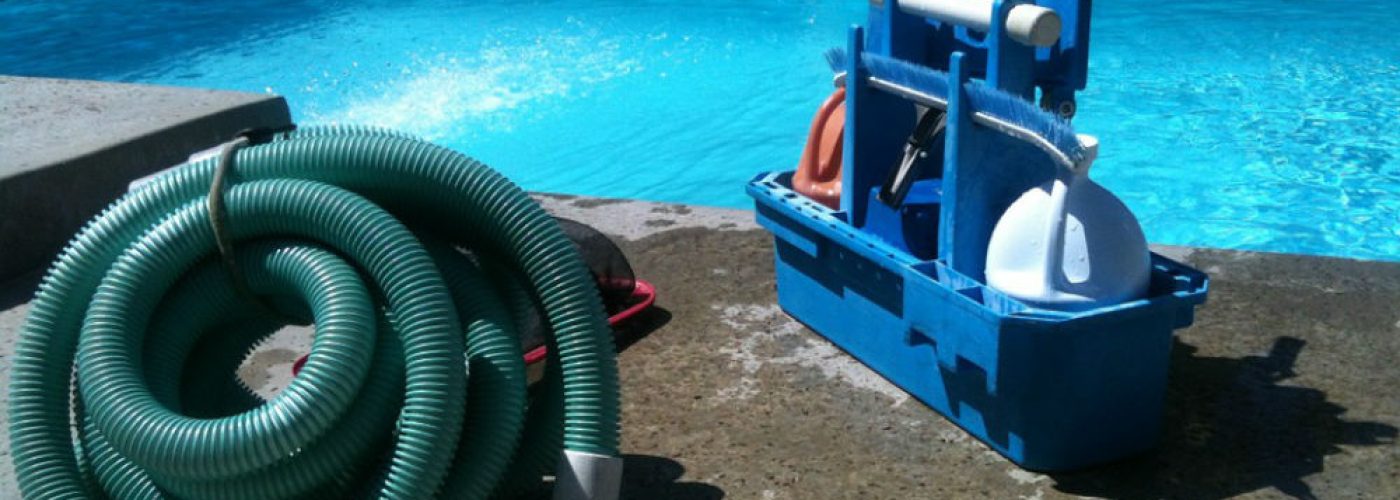Surely one of the most enjoyable parts of living in Spain is that you can make the most of the Mediterranean sunshine. And whether you’re a permanent resident or have a holiday villa, this means enjoying a private outdoor pool. Swimming for fitness, fun or family entertainment is an activity everyone can get behind, particularly during hot Spanish summers.
It’s not often that you find a villa on the Spanish Costas without a pool, but it does happen. If your property lacks this essential facility, you may want to think about installing one in your garden or on your terrace. Not only will a swimming pool add real value to your Spanish home, it will transform your enjoyment of the Spanish lifestyle. Consult an experienced pool construction company with a flair for design, and ideally one where English is spoken, such as this one in Marbella.
If your villa does come with a private pool, regular pool maintenance is key for keeping it in top condition. Looking after your pool isn’t rocket science but someone has to do it. With a bit of knowledge about how pools work, you can do it yourself, or you can outsource the task to your gardener, a regular ‘pool guy’ or a professional pool cleaning company. And don’t forget to schedule in an annual pool service once a year too, just to make sure there are no nasty surprises that could have been nipped in the bud earlier.
Here are 7 essential tips to help you maintain your outdoor pool for longer:
1. Remove surface debris every other day
In every outdoor pool, the water’s surface where most damage takes place. Falling leaves and other debris can fall into the pool and will sink to the bottom if not removed. The less attention you give your pool, the further down the dirt will sink. This can make it more difficult to remove and run the risk of clogging up the filtration system. Use a hand skimmer or net every second day to keep on top of pool detritus.
2. Schedule a weekly brush and vacuum clean
Use a strong broom or brush to tackle the walls of the pool to remove any algae build-up. Invest in a dedicated pool vacuum cleaner and use it weekly to remove any debris that has sunk to the bottom of the pool. Swimming pool vacuums are now readily available to buy, and they’re easy to use, as can be seen here:
3. Ensure the proper pH balance of pool chemicals
This is the science bit, so do pay attention. An incorrect balance of pool chemicals can turn the water a murky green, creating the perfect condition for algae and bacteria to thrive and multiply forth. Ask your pool builder to recommend the correct chemical composition and use a testing kit to check regularly; you are looking for a healthy pH value of 7.4-7.6.
4. Clean the filter regularly
Your pool will have one of three types of filter: cartridge, sand or DE (diatomaceous earth). They all have different cleaning requirements and all of them can easily become blocked with debris if left unattended. When clogged, the flow of water circulation reduces, pushing up the pressure in the system. Check the pressure gauge to make sure it remains at or below 10psi.
5. Top tip: Use a tennis ball to help collect debris
ere’s a genius little tip to help you mop up unwanted residue on the pool’s surface including oil from sun creams. Simply throw a tennis ball into the water and let it gradually soak up any residue. Without any effort required on your part, it will soak up the residue, get rid of any dirt and help keep your outdoor pool clean.
6. Shock the water
Did you know that if there’s an overwhelming smell of chorine around your pool, it’s not because there’s too much chlorine in the water? On the contrary, contaminants including nitrogen and ammonia are mixing with the chlorine (hence the offensive smell) meaning you need to put more chlorine in. Shocking the water with a high dose of chlorine will clear the contamination and make the water crystal clear in a few days.
7. General poolside clean-up
Finally, don’t forget that the area around the pool will also need regular cleaning and disinfecting. Surfaces such as wooden decking, or a tiled or paved sun terrace, can make the floor very slippery and dangerous. In addition, the constant moisture on the surface can be a perfect breeding ground for bacteria that are easily spreadable to the pool itself.





